
Rev. James D. Conley, D.D., S.T.L. | Diocese of Lincoln website
The Catholic Diocese of Lincoln has embarked on a new program, the nationwide "Compelling Preaching Initiative." This initiative aims to enhance the quality of homilies delivered during Mass, an integral part of every Catholic's life.
The mandate to preach the word of God is vested in bishops, priests, and deacons. As outlined in CCC 888, these religious leaders are tasked with spreading the gospel to all men, drawing new disciples to Christ and teaching the apostolic faith with Christ's authority.
Simultaneously, lay faithful bear the responsibility of preparing their souls to receive God's word fruitfully. In his book "Why Preach," Father Peter John Cameron, O.P., emphasizes that preaching reveals people's hearts to themselves and empowers them with liberating judgments and confidence. Quoting Pope Benedict XVI, he asserts that preaching should aim to reveal a person's truth about himself through an encounter rather than discourse.
As part of this mission to foster powerful encounters with God through preaching, the Catholic Diocese of Lincoln joined the Compelling Preaching Initiative. This program focuses on homiletics and extends from work already being done by the McGrath Institute for Church Life at the University of Notre Dame. The institute received a grant from Lilly Endowment to study preaching across Catholic Churches in America.
Bishop James Conley of the Diocese of Lincoln clarified that their participation in this project does not stem from deficient preaching but rather from a desire to build upon their already solid and effective preaching. Dr. Joshua McManaway, who leads this program for McGrath Institute, sees it as an opportunity to further improve good preaching and help laity receive wisdom from Church teachings and scriptures.
Implementing this initiative falls under Dennis Kellogg, communications director for the diocese, alongside Father Douglas Dietrich, vicar for clergy. They recently coordinated focus groups targeting five different demographics within their diocese: high school students, priests, seminarians, college students, and parishioners. The goal was to gather perspectives on current preaching practices in the diocese and identify recurring themes for improvement.
Dr. McManaway facilitated these sessions, which typically comprised eight to ten participants meeting for about an hour. Kellogg emphasized that they sought honest opinions without recording sessions or noting names to encourage free speech.
Reflecting on the focus group sessions, Dr. McManaway noted a shared love for priests and the Church among participants. He also found it interesting that all groups voiced similar concerns over Catholic preaching and seemed hopeful about potential improvements.
Kellogg and Dr. McManaway will now analyze the collected information, focusing on common points of agreement among groups. They will consider actions to build upon or improve these areas, including inviting speakers next fall or launching specific projects within the diocese.
One such project already underway is provided by the Emmaus Institute for Biblical Studies in the Diocese of Lincoln: prompts for each Sunday reading published weekly in print media. The aim is to encourage thinking about readings before Mass, fostering openness to God's message through scripture and homilies.
Kellogg anticipates more projects and training based on feedback from focus groups in the coming months.
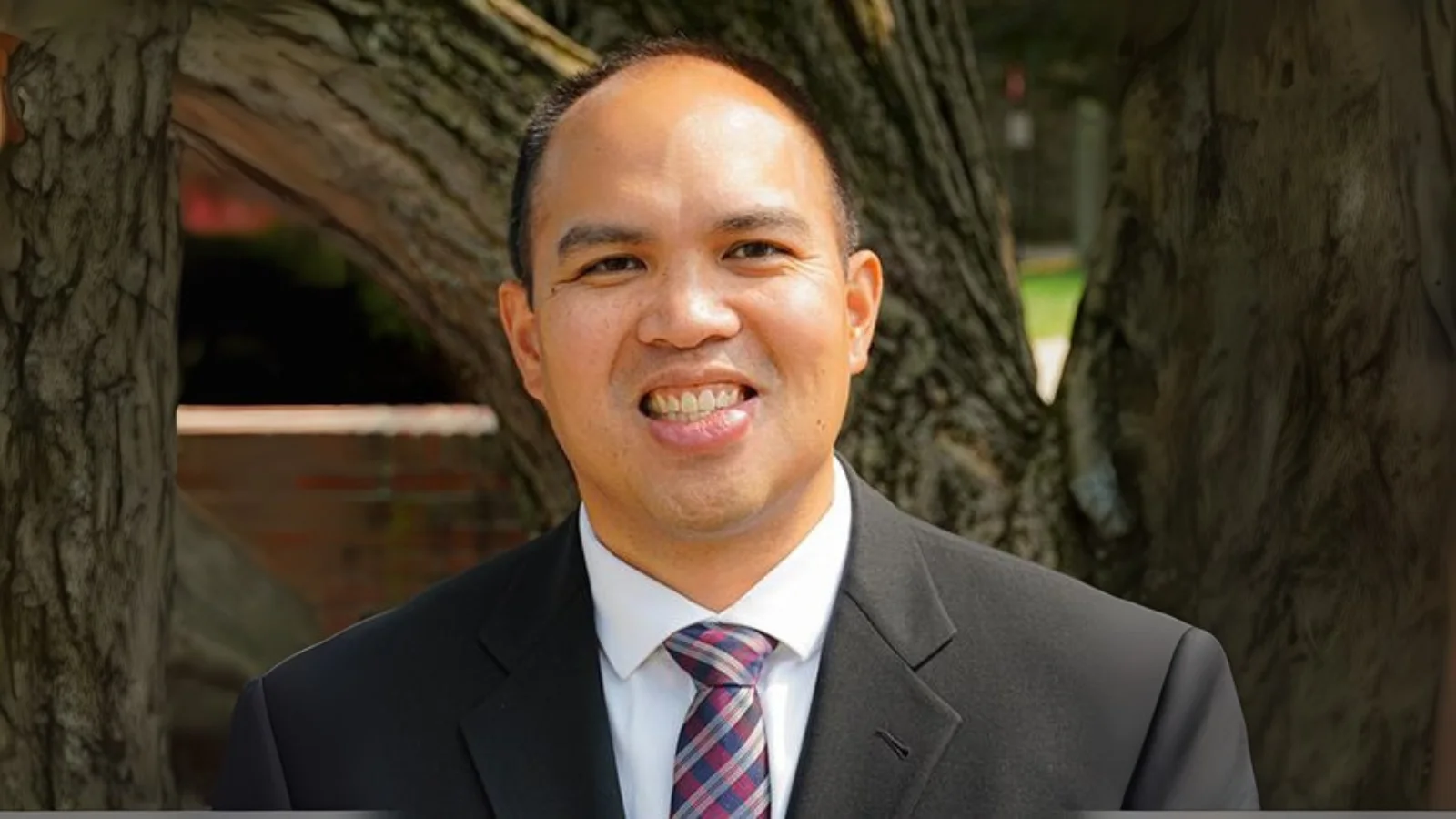
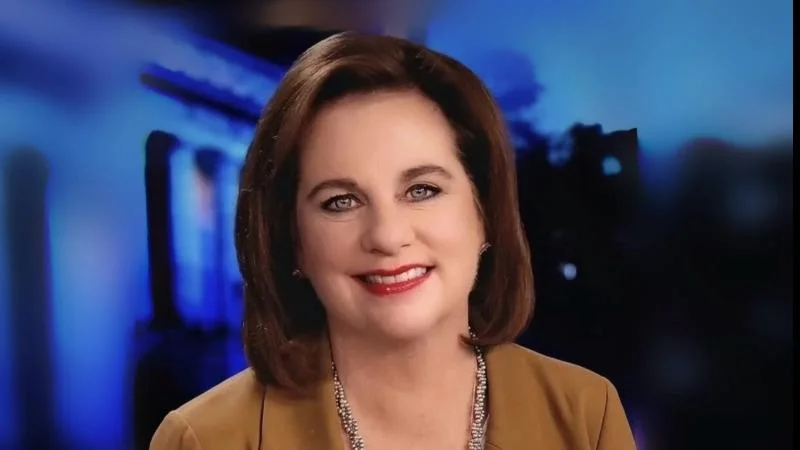
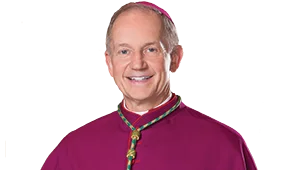
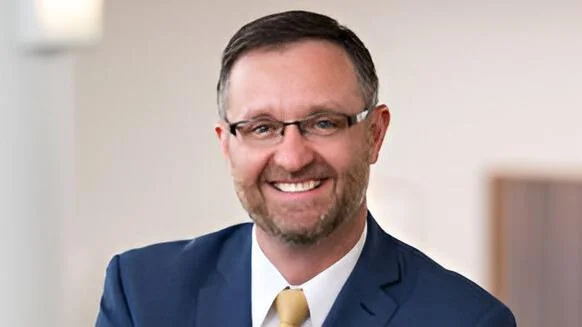

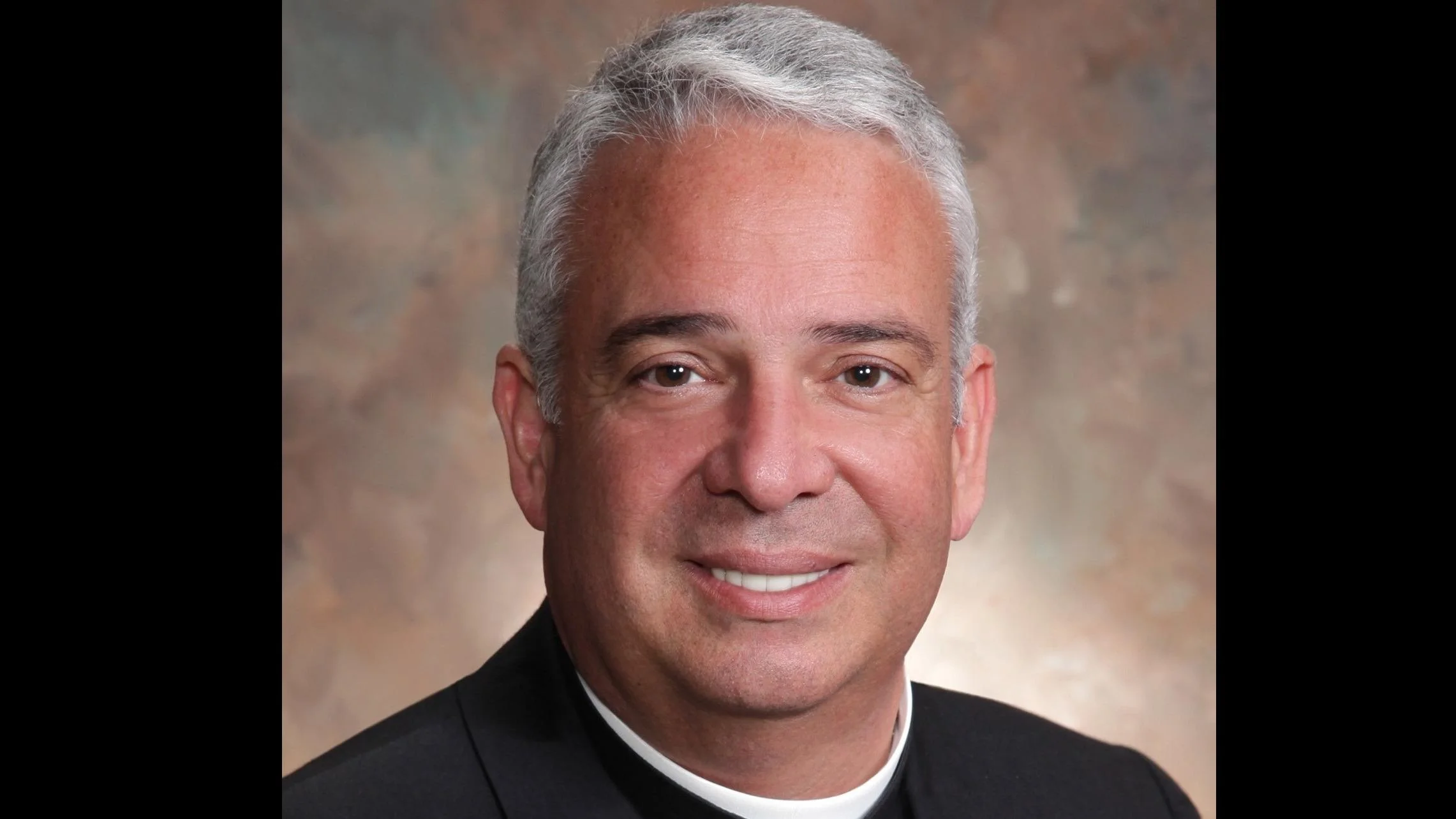
 Alerts Sign-up
Alerts Sign-up